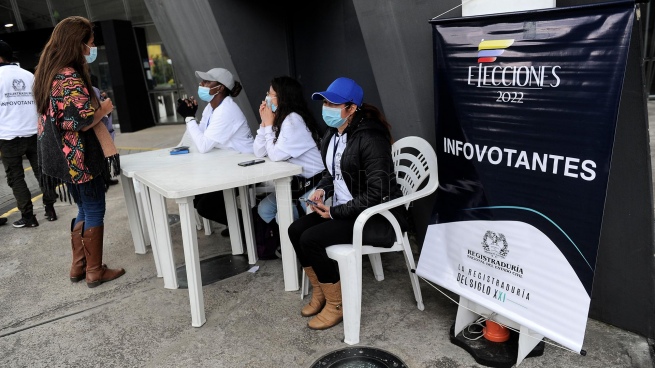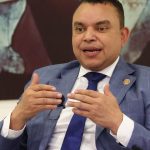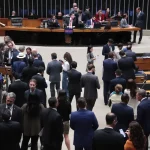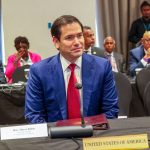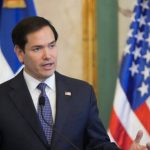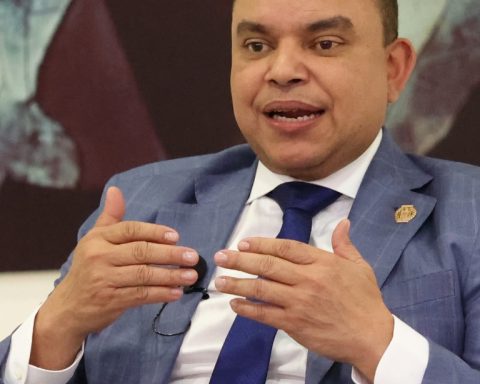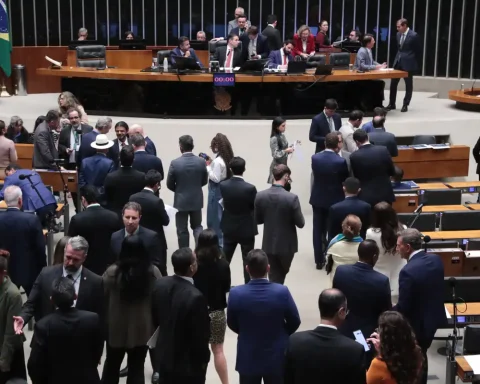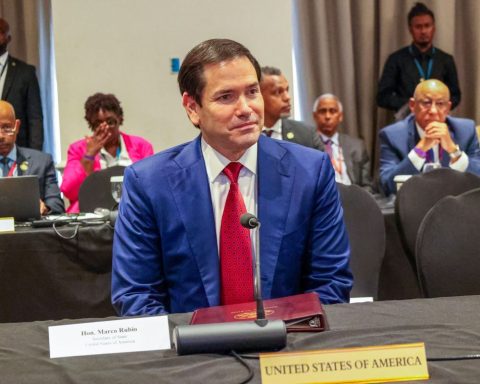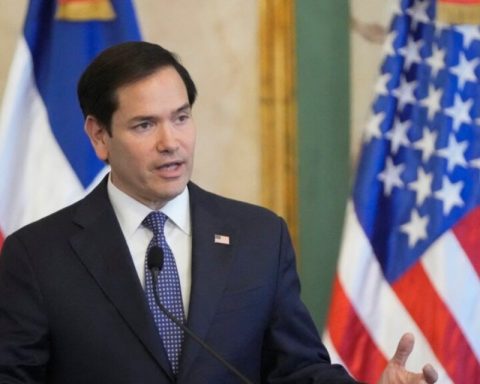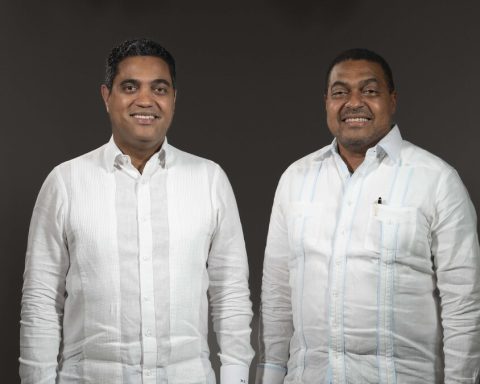With its classic changing climate that buried the temperature at 10 degrees and with rain at noon, and showed a respectable sun with at least 20 degrees around five in the afternoon, Bogotá lived a normal working day this Thursday not exempt from sensations and the logical electoral environment that should precede national elections like the ones next Sunday, the first in the history of Colombia that could give the left a certain chance to come to power.
The electoral attention -and why not tension- sneaked in this afternoon in bar talks, in taxis and of course in the giant Corferias, a center that is used here for exhibitions or for the anticovid vaccination campaign, for example, and in this This case is the headquarters used by the National Electoral Council to give an emergency course to the young people who will be the polling authority on Sunday.
This afternoon, hundreds of young people crowded into the different pavilions of the exhibition center to be able to participate in the courses, given that the call to conduct the elections has, as in Argentina, a public charge nature.

This beautiful city, which was able to instill the first revolutionary spirit in Fidel Castro himself in 1948 when the then young Cuban student closely witnessed the popular revolt that went down in history as the “Bogotazo”, has a highly political profile in the context of the Colombian territory, capable of currently having Claudia López, a militant lesbian feminist and defender of sexual minorities, as mayor.
The chronicler who had just arrived in the Colombian capital was today with an active and mobilized community regarding their usual chores, to which was added the electoral climate that some security measures also imposed, especially around Corferias, which will be the headquarters of the scrutiny.
Far from being a survey, in some informal talks the citizens who spoke with Télam about their preferences for Sunday agreed on an idea that could be summed up as “what is known is bad, but what is unknown, change, it worries us”.

Said in general terms: the right-wing governments, from that of Álvaro Uribe (2002) to here, were bad, or at least now they are rejected by some people who obviously had to have voted for them, since they were five consecutive presidential terms between the two from Uribe, the two from Juan Manuel Santos and the current one from Iván Duque.
But “the new”, that is, the Historical Pact, the leftist coalition that brings together not only political parties but also social organizations, native peoples and unions and that includes Gustavo Petro and Francia Márquez in its presidential ticket, did not succeed either. clear up some doubts, at least among the people who spoke with Télam and who are not, of course, a sample that could receive the character of a “probe”.

In this section of the conversations, at least three of the people who agreed to dialogue with Télam marked their decision to lean in favor of Rodolfo Hernández -whom they agreed to call “the engineer”-, the candidate who presents himself as the “anti-politics” and that has had exponential growth in the latest polls, evidently capturing support in that sector that does not trust either the well-known right or the left that promises change.
And, as a last detail to take into account in this analysis, we must remember that they are residents of Bogotá, the city that has a mayor who is an activist for human rights and sexual minorities and had Petro as mayor, and that in 2016 voted overwhelmingly in favor of the Yes in the plebiscite on the peace agreements.
